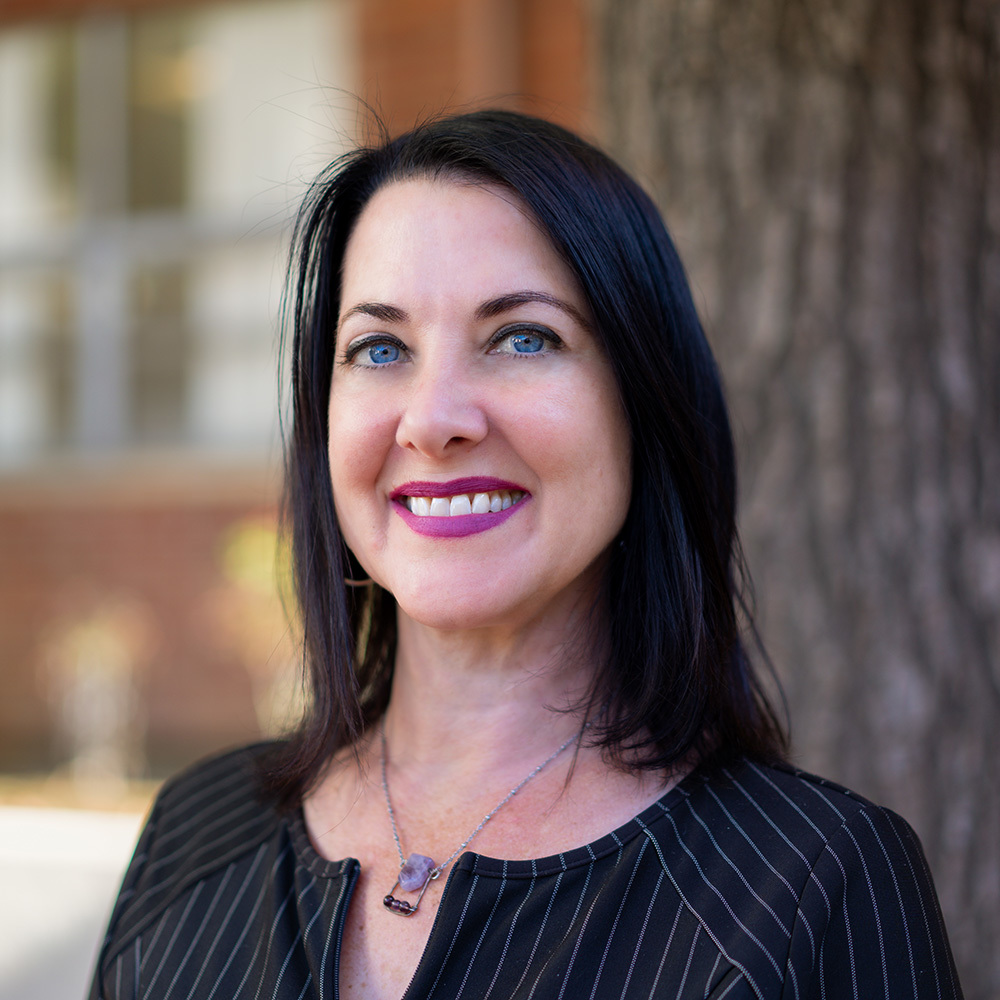Where are you from?
I grew up in the San Fernando Valley in Los Angeles. I currently live in Santa Monica.
What do you do in your current role?
As the co-director, I oversee the work for the Community Engagement (CE) team, provide leadership and oversight to existing projects, set the strategic plan for the team’s work, and help cultivate and maintain community partnerships. I help develop new projects both within the CE core and other core groups within SC CTSI. I also focus on education and the dissemination of information in professional publications, community outreach tools, and professional conferences.
Can you share a bit about your educational and work experience?
I have a Ph.D. in medical sociology from the University of California San Francisco (UCSF), and an undergraduate degree in sociology from the University of Denver. I have spent the last two decades as a researcher and educator at both the undergraduate and graduate levels.
When I was a lecturer at Sonoma State University, I taught undergraduate courses focused on the topics of my research which included “Drugs and Society” and “Sociology of Health and Illness,” as well as an introductory research methods course and advanced-level qualitative research methods course. During my time at UCSF, I led a seminar on health policy and co-taught a course at the School of Pharmacy called “Critical Appraisal of Medical Literature.”
My educational and work experience includes community-based qualitative, mixed-methods, and clinical trial research. The focus of my work has been at both the macro and micro levels examining health and drug policy, the structure of the U.S. healthcare system, health and safety practices of marginalized populations, substance use/abuse, health disparities, and the social determinants of health.
What compelled you to join the Community Engagement group at SC CTSI?
Throughout my career, I have been dedicated and driven by a commitment to health equity and social justice. This position allows me to pull together my research and educational experience to help guide my work in two ways; (1) through community work by offering community members educational resources and other services, and (2) by working within academia to help educate and guide researchers on community-based research so they can develop partnerships with community members who participate in their research to ensure mutually beneficial outcomes.
What does community mean to you?
Community means partnership born from a shared connection and/or experience.
What is most rewarding about your job?
Working with a diverse and dedicated team and working toward the shared goal of making a positive impact on people’s lives.
What inspires you?
A belief in equity and social justice.
What are some of your hobbies outside of work?
Spending time with my family and friends, walking my dog, cooking, reading, and music.
What advice would you give to someone who is looking to get involved in community work?
Be clear on your reasons for wanting to do this work. Ask yourself what community or communities you want to work with. Follow your passion, find mentorship, and be open to learning!
Is there anything else you’d like to share?
Two of my favorite quotes:
“Don’t forget your history, know your destiny” – Bob Marley
“Once in a while you get shown the light in the strangest of places if you look at it right” – Robert Hunter and Jerry Garcia
